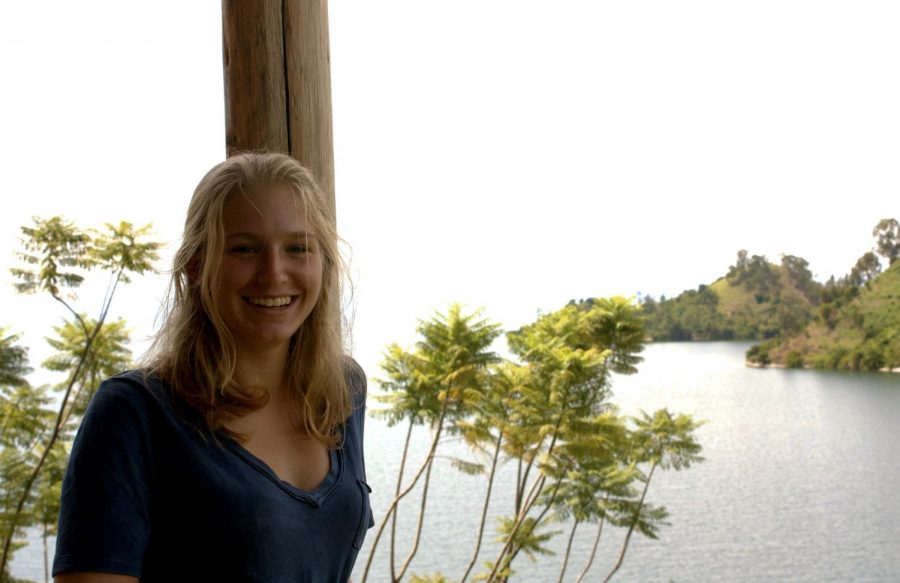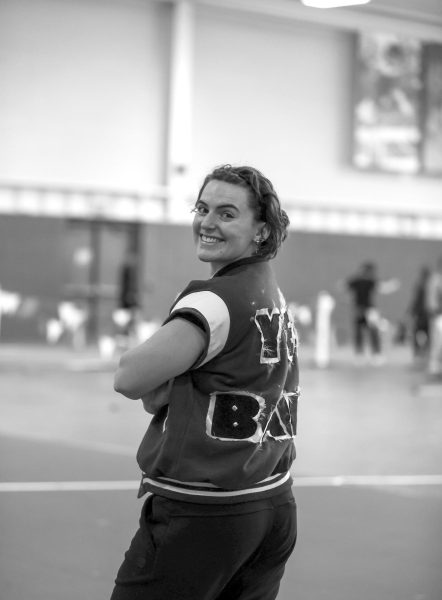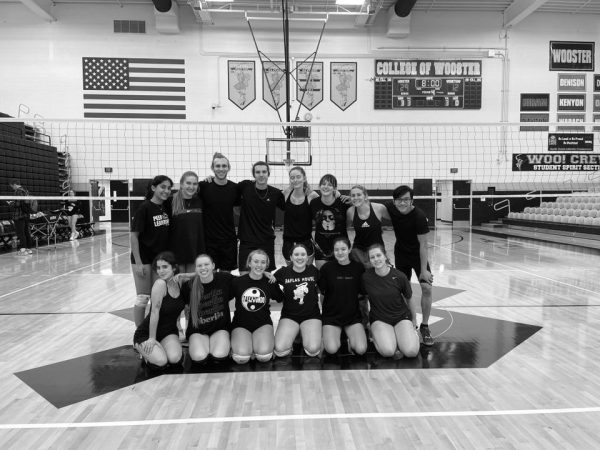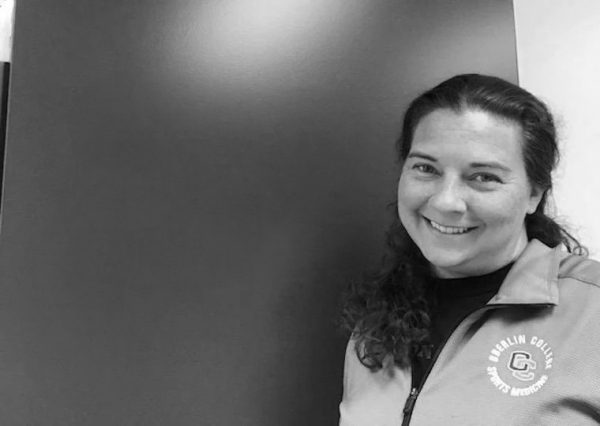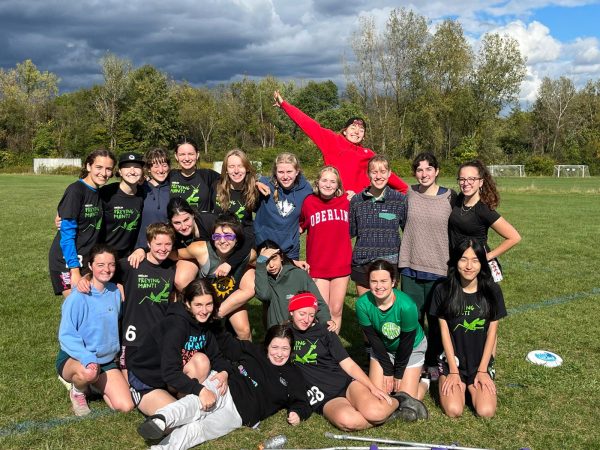In The Locker Room with Katie Ryan-O’Flaherty, Senior Field Hockey Player and Religion Major
Photo courtesy of Katie Ryan-O'Flaherty
Katie Ryan-O’Flaherty
College senior, field hockey player, and Religion major Katie Ryan-O’Flaherty was recently named Oberlin’s first recipient of the $25,000 Jacob’s Prize for the Study of Religion. Her submitted essay describes her experiences growing up as a church-goer with two gay parents and explore the ways in which both secular and religious cultures can be analyzed through a similar lense. She is also currently wrapping up her senior capstone, titled “Saints of the Amazigh: The Historical and Cultural Origins of the Rural Urban Divide in Moroccan Walis.” She is from Vermont, but has also lived in New Zealand and Rwanda. After graduation, Ryan-O’Flaherty will travel to the Middle East to pursue an internship.
This interview has been edited for length and clarity.
Tell us about the award you just won.
It’s called the Jacob’s Prize [for the Study of Religion]. It’s the first year that it’s being given. I actually don’t know that much about the [alumna] who decided to start the gift, but she is a children’s book author, and for the next five years she is going to give $25,000 to the Religion major who writes the best essay about why the academic study of religion is important.
What did you write about?
I talked about myself a fair amount because I have gay parents. As an anecdote, I used the fact that I grew up going to church and talked about how the first church [my parents] took me to get baptized at refused to baptize me. Primarily, my overarching point was that it’s impossible to understand even secular cultures without understanding their religious background, so I used that as a lens with which to look at my life and academic study.
How did field hockey help your academic pursuits?
It’s funny because I joined field hockey my sophomore year. I don’t want this to sound conceited, but I found myself a little under-challenged [during my first] year because I didn’t have that much to do. I joined a couple clubs, but I didn’t feel like it was too much of a challenge to balance my schoolwork. But as soon as I joined athletics, it was like, “Oh, gotta get to it, folks.” I guess it really challenged me to figure out how to balance things better and how to deal with things that were interfering with academics in a way that they hadn’t [first] year.
What was your parents’ reaction to you winning?
They’re pretty excited. I called them both pretty much as soon as I found out. One was in surgery and the other one was in school, so I didn’t get any answer from either of them until later in the day. Then they were both pretty excited. My brother and sister were really excited too. It’s [wild] because this is unmarked money, so I really get to decide how I use it and whether I just blow it or kind of use it to further my career. I’m kind of doing a mix of both, because I’m using it for an internship abroad.
What are your plans for next year?
I’m working with a [non-profit organization] for interfaith water justice in the Middle East. That’s what I’ll be using the [prize] money for. I think the institution is really cool. Before I won this, I was really stressed out about how I was going to pay for it, because the internship is unpaid. But now I don’t have to worry about it, so that’s really exciting.
Congratulations! What inspired you to work on water justice issues?
It was more so [that] I found the internship, basically from the Harvard pluralism website. But it’s an overarching institution based out of the divinity school there. They have a section of their website in which they compile lists of NGOs and various programs that they’ve vetted for people seeking internships in interfaith work. That’s how I found this particular place. I applied to a bunch of them. They responded pretty quickly and said they were interested in me, so that’s how I ended up going there.
What has the experience of being a senior and applying to jobs and grants been — and watching your teammates and peers do the same?
I live with field hockey senior Julie Schreiber, and she has been really lucky to have found a position for all of next year through Avodah, [a Jewish fellowship program]. A lot of my teammates don’t know exactly what they’re doing next year, but the field hockey team, especially the seniors, [are] a really supportive community. It’s been really nice to talk with each other about our concerns and what we’re doing and [to] celebrate each other.
Are they aware that you won this award?
Some of them [are]. I’m waiting to tell more people in person, because it’s [my teammate] Meg [Parker]’s birthday. I’ve been kind of keeping it on the DL.


